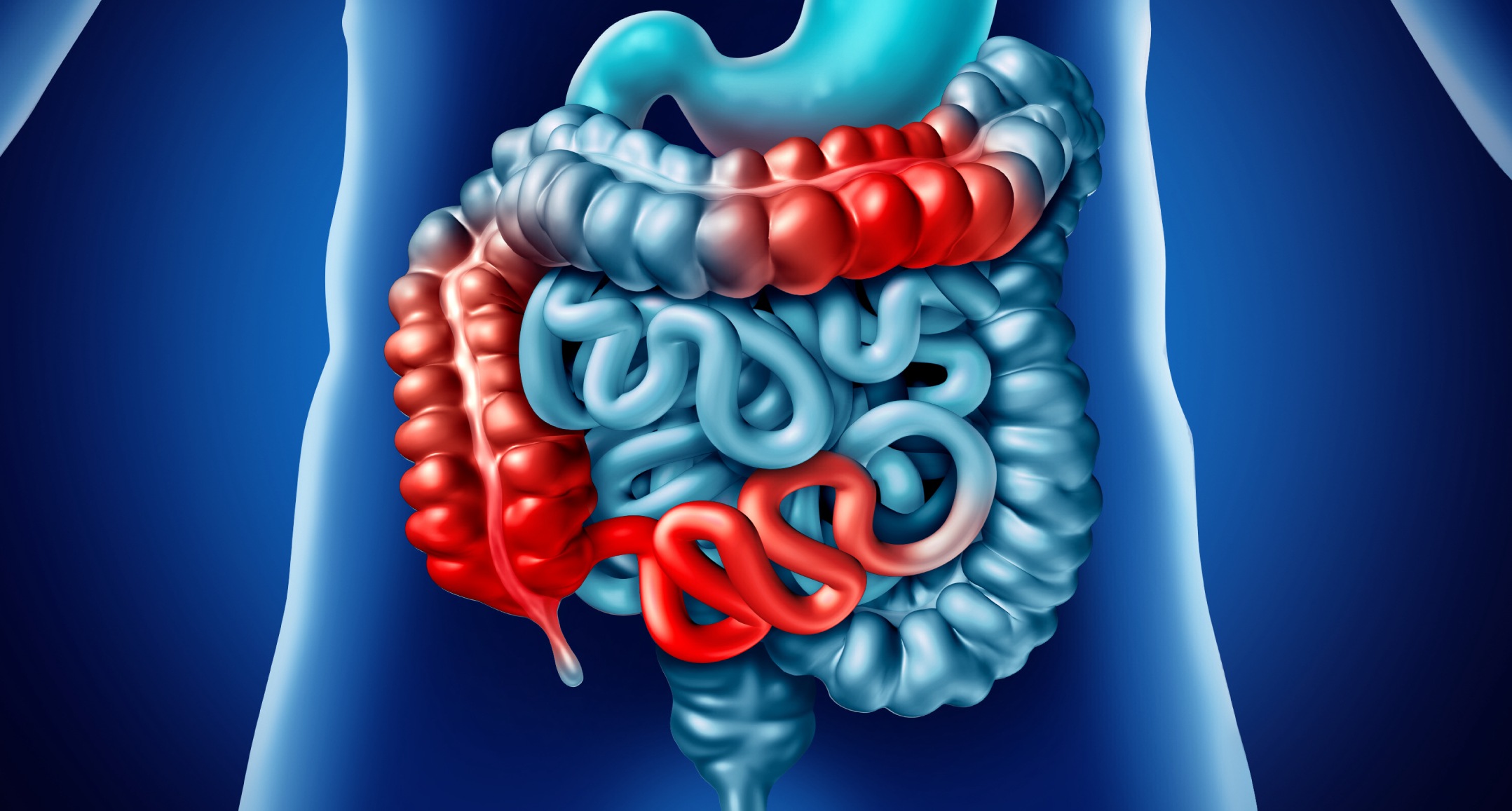Crohn’s disease is a chronic condition that affects the digestive system. It is a type of inflammatory bowel disease (IBD) that can cause inflammation in any part of the digestive tract, from the mouth to the anus. One of the common questions about Crohn’s disease is whether it is contagious, i.e. if it can be transmitted from one person to another.
The answer is no, Crohn’s disease is not contagious. It is a complex autoimmune condition that results from a combination of genetic, environmental, and immune system factors. It is not caused by a contagious organism and cannot be passed from person to person through physical contact or through the air.
It is important to understand the underlying causes of Crohn’s disease to understand why it is not contagious. Crohn’s disease is believed to be caused by a combination of genetic and environmental factors that trigger an abnormal response in the immune system. This abnormal response causes the immune system to attack the cells of the digestive tract, leading to inflammation and the development of Crohn’s disease.
Despite the fact that Crohn’s disease is not contagious, people with the condition can take steps to reduce their risk of complications and to manage their symptoms. Some of the measures that people with Crohn’s disease can take include:
- Eating a well-balanced diet: A well-balanced diet can help to manage the symptoms of Crohn’s disease and reduce the risk of complications. It is important to include plenty of fiber and to avoid foods that can irritate the digestive system, such as spicy or fatty foods.
- Taking medication: Medication can help to reduce inflammation and manage the symptoms of Crohn’s disease. Some of the medications used to treat Crohn’s disease include anti-inflammatory drugs, corticosteroids, and immunosuppressants.
- Managing stress: Stress can trigger symptoms in people with Crohn’s disease, so it is important to manage stress levels. This can be done through activities such as exercise, meditation, and therapy.
- Avoiding smoking: Smoking can make Crohn’s disease worse, so it is important for people with the condition to avoid smoking or to quit if they do smoke.
- Avoiding alcohol: Alcohol can irritate the digestive system and trigger symptoms in people with Crohn’s disease, so it is important to avoid alcohol or to limit consumption.
- Maintaining good hygiene: Good hygiene can help to reduce the risk of complications and to prevent the spread of germs that can trigger symptoms in people with Crohn’s disease.
In conclusion, Crohn’s disease is not contagious and cannot be passed from person to person. It is a complex autoimmune condition that results from a combination of genetic, environmental, and immune system factors. While it is not contagious, people with Crohn’s disease can take steps to reduce their risk of complications and to manage their symptoms, including eating a well-balanced diet, taking medication, managing stress, avoiding smoking and alcohol, and maintaining good hygiene. With proper management and treatment, people with Crohn’s disease can lead healthy and productive lives.
- Chickpeas vs. Garbanzo Beans: What’s the Difference? - April 19, 2024
- How to Manage or Improve Anxiety - September 21, 2023
- The birth of a company - July 29, 2023







